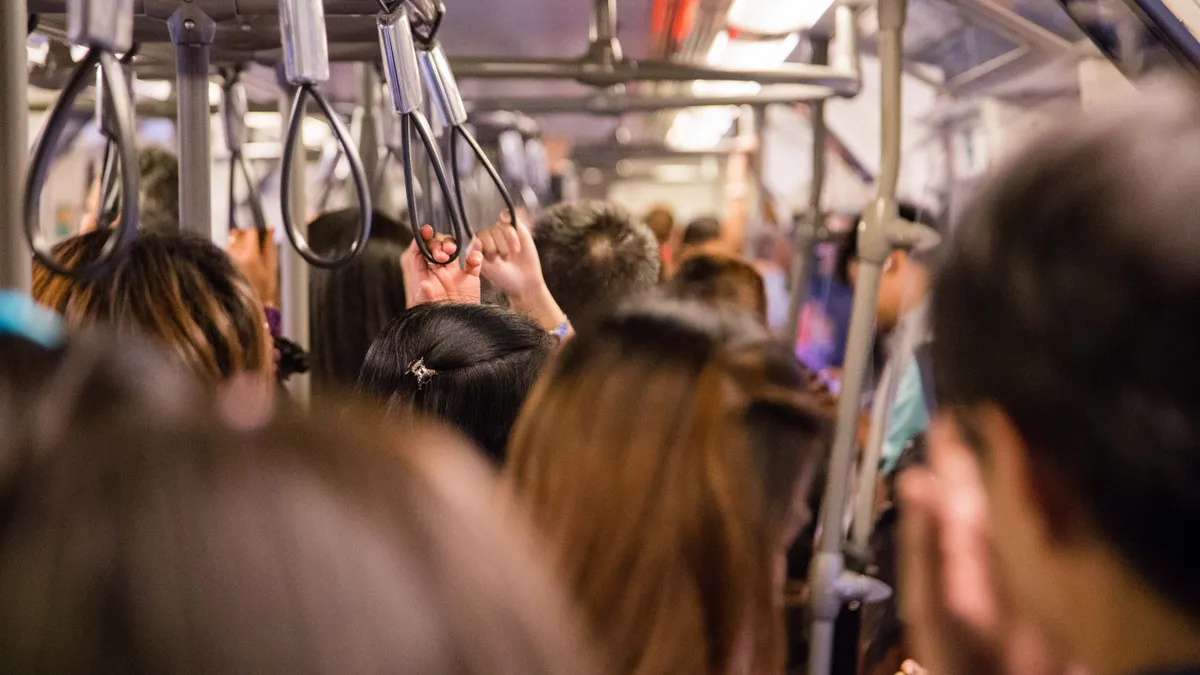Brief:
- Mobile and wearable-device ticket purchases next year will reach 14 billion globally to make up 54% of total digital ticket sales for transportation and events, Juniper Research said in a report. Mobile transactions will exceed PC ticket sales for the first time in 2017, driven by metro and air ticket purchases, the researcher estimated.
- Metro, bus and airline app ticketing is the most common among mobile consumers, followed by events ticketing. More than 1.8 billion people will use digital ticketing by 2020, with mobile near-field communication (NFC) totaling 215 million unique users, Juniper forecast.
- Ticketing services will introduce chatbots to help customers find information such as ticket and seat availability, or public transport timetables, while consumers initially will be wary of conducting financial transactions. As consumers become familiar with chatbots in the next five years, ticketing transactions in messaging-based chatbots will reach $6 billion by 2022.
Insight:
As mobile edges towards becoming the predominant ticketing platform, companies like Fandango are looking to shore up their role in ticketing while film studios, sports teams and airlines look for ways to enhance the experience for mobile ticketing users. The popularity of mobile ticketing is even attracting the attention of major platforms like Facebook Messenger.
Juniper’s study has numerous insights in how mobile technology will continue to transform digital ticketing for a variety of services from travel to live events. In addition to handling purchases and helping to authenticate ticket buyers, mobile platforms also will provide improved customer service with in-app chatbots. The interactions with chatbots will help ticketing providers to gain more insights into customer demands and preferences.
The study found that most mobile ticketing relies on app-based ticketing services that use visual or QR-code authentication, especially in regions like North America. Contactless mobile ticketing is fast becoming the de facto mode of payment for metro and bus ticketing in selected cities, especially in Europe, Juniper said.
In addition to providing more data about ticket-buying habits to businesses, mobile ticketing provides security advantages to consumers. Mobile ticketing is safer than traditional physical ticketing for customers who lose a ticket or are victims of theft. Such a loss can be in the hundreds or thousands of dollars, especially for some kinds of commuter passes, according to sources cited by Fast Company. If a customer loses a smartphone, the digital ticket can be blocked and reissued when the customer gets a new mobile device.














